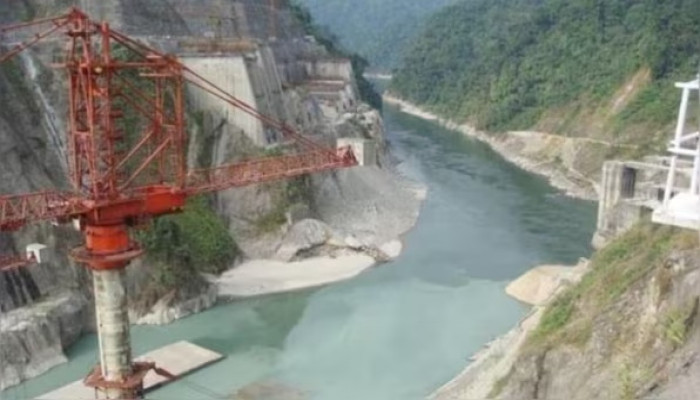India to invest $1 billion in hydropower plants in Arunachal Pradesh amid border row with China
- In Reports
- 11:06 PM, Jul 09, 2024
- Myind Staff
India plans to invest $1 billion to accelerate the development of 12 hydropower stations in the northeastern Himalayan state of Arunachal Pradesh, according to two government sources. This action may increase tensions with China, which claims the region.
According to the sources, the federal finance ministry, led by Nirmala Sitharaman, has recently approved up to 7.5 billion rupees ($89.85 million) in financial assistance for each hydropower project in the northeastern region.
Under the scheme, about 90 billion rupees will likely be allotted for the 12 hydropower projects in Arunachal Pradesh, said the sources, who have direct knowledge of the matter.
The scheme is expected to support northeastern states by helping them finance equity holdings in the projects they host. Securing the participation of state governments typically aids in speeding up regulatory clearances, local rehabilitation, and negotiations regarding electricity sharing with the host state.
The plans for the hydropower stations are expected to be announced in the 2024/2025 federal budget that Prime Minister Narendra Modi’s government will unveil on July 23, the sources said, declining to be named as the information remained confidential.
Reuters' requests for comment were not immediately answered by the Indian finance and power ministries or by China’s foreign ministry.
Last August, the government awarded contracts to state-run firms NHPC, SJVNL, and NEEPCO for the construction of the 11.5-gigawatt capacity plants, involving an estimated investment of $11 billion. This is part of a broader initiative to develop infrastructure in the border region.
None of the companies responded to a request for comments.
These power plants were earlier enlisted with private sector firms but remained non-starters due to various reasons.
India has constructed less than 15 gigawatts of hydropower plants over the past 20 years, whereas the installation of new coal and other renewable energy sources was nearly ten times that of new hydropower projects.
India and China share a largely unmarked 2,500 km (1,553.43 miles) border, over which they fought a war in 1962.
India asserts that Arunachal Pradesh is an integral part of the country, but China claims it as part of southern Tibet and has objected to other Indian infrastructure projects in the region.
The Indian government is advancing projects in the eastern region following reports that Beijing might construct dams on a section of the Brahmaputra River, known as the Yarlung Tsangpo in China, which flows from Tibet through Arunachal Pradesh.
India is concerned that Chinese projects in the region could cause flash floods or create water scarcity.
Both countries have been working to improve infrastructure along their border regions since clashes in the western Himalayas left 20 Indian and at least four Chinese troops dead in 2020.
Last week, India's Foreign Minister Subrahmanyam Jaishankar met his Chinese counterpart Wang Yi in Kazakhstan, where they agreed to intensify talks to resolve issues along their border.
Image source: FirstPost







Comments